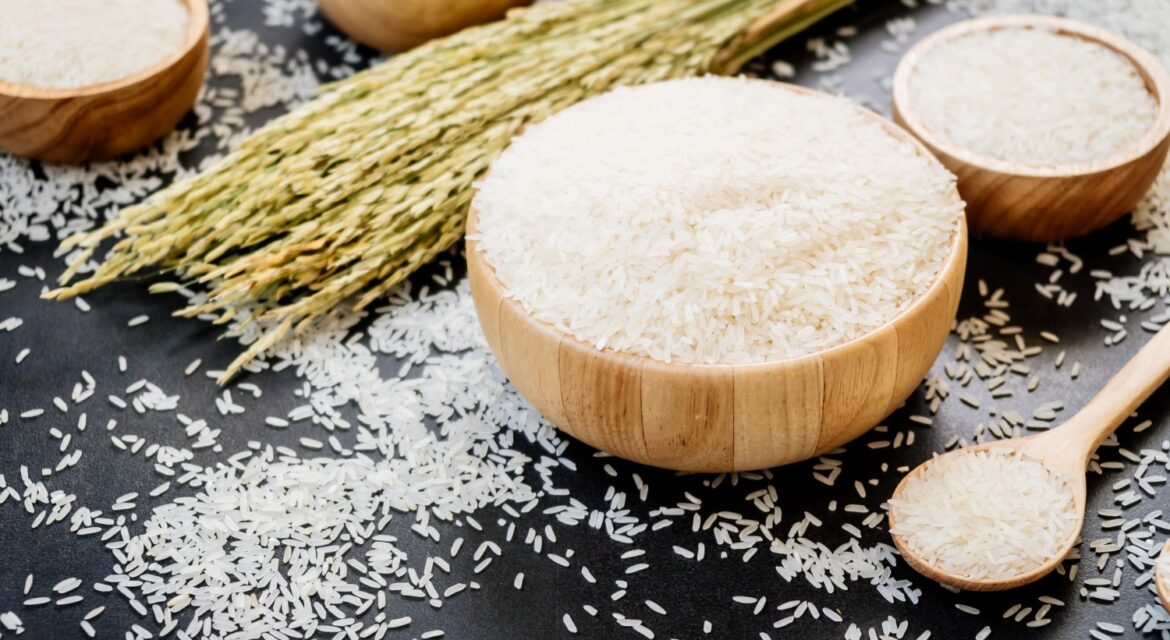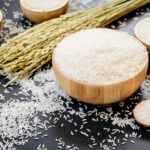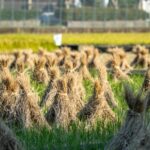 09 November 2024
09 November 2024The Journey of Rice in Pakistan: From Fields to Tables
Rice holds a special place in Pakistan’s agricultural landscape and culinary traditions. As one of the country’s main cash crops, rice production is not only crucial to the economy but also integral to Pakistani culture, especially with the renowned basmati rice leading the way in both local and global markets. This article explores the fascinating journey of rice, from the fertile fields of Punjab and Sindh to the tables across Pakistan and beyond.
Rice Cultivation in Pakistan
Pakistan’s diverse climate and rich soil create an ideal environment for cultivating rice, with major production areas concentrated in Punjab and Sindh. Farmers in these regions grow various rice types, including basmati, known for its distinctive aroma and long, slender grains, and IRRI rice, popular for its yield and robustness. Cultivating rice is labor-intensive, with careful attention required from planting to harvesting to ensure quality, especially given the high standards associated with Pakistani rice exports.
From Paddy to Polished Grain
Once harvested, rice goes through several processing stages to become the polished grain that consumers purchase. Paddy rice is first milled to remove the outer husk, followed by a series of steps to clean, polish, and sort the grains. Pakistan’s rice processing industry has evolved over the years, with modern mills now implementing advanced technology to maintain the rice’s purity and quality, preserving the signature aroma and texture of basmati rice.
The Global Market for Pakistani Rice
Pakistan is one of the largest rice exporters globally, with its basmati rice highly sought after in Middle Eastern, European, and North American markets. The country’s rice export industry not only generates significant revenue but also showcases Pakistan’s agricultural capabilities on the world stage. With increasing global interest in organic and sustainably sourced products, Pakistan is exploring new markets and adapting its practices to meet these demands, positioning its rice as a premium, responsibly farmed choice.
Challenges and Innovations in the Rice Industry
While Pakistan’s rice industry is flourishing, it faces challenges, including water scarcity, soil degradation, and fluctuating global prices. However, advancements in sustainable farming practices and efficient irrigation techniques are helping farmers address these issues. The government and private sector have also started supporting research initiatives aimed at developing resilient rice varieties that can withstand climate challenges, thus ensuring the sustainability of rice farming in Pakistan.
From Fields to Families
For Pakistanis, rice is more than a staple—it’s a symbol of tradition and celebration. Whether it’s a simple plate of steamed rice or a festive biryani, rice holds a cherished place in Pakistani cuisine. The journey of rice in Pakistan, from the fields of Punjab and Sindh to kitchens around the world, is a testament to the dedication and resilience of farmers, the quality-focused approach of rice brands, and the enduring cultural significance of this staple grain.
Rice in Pakistan continues to shape both local traditions and global markets, carrying the essence of the country’s rich agricultural heritage to tables worldwide.






Ogenix
Mauris non dignissim purus, ac commodo diam. Donec sit amet lacinia nulla. Aliquam quis purus in justo pulvinar tempor. Aliquam tellus nulla, sollicitudin at euismod
Ogenix
Mauris non dignissim purus, ac commodo diam. Donec sit amet lacinia nulla. Aliquam quis purus in justo pulvinar tempor. Aliquam tellus nulla, sollicitudin at euismod